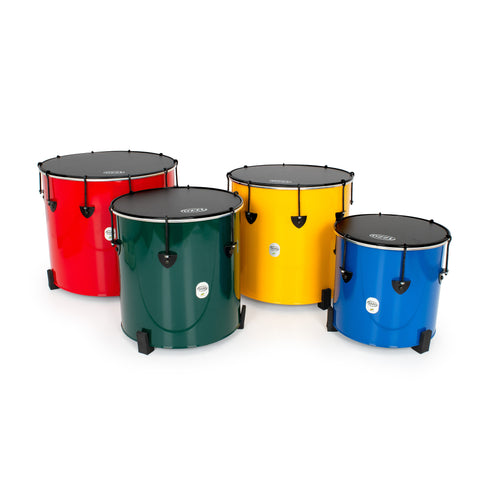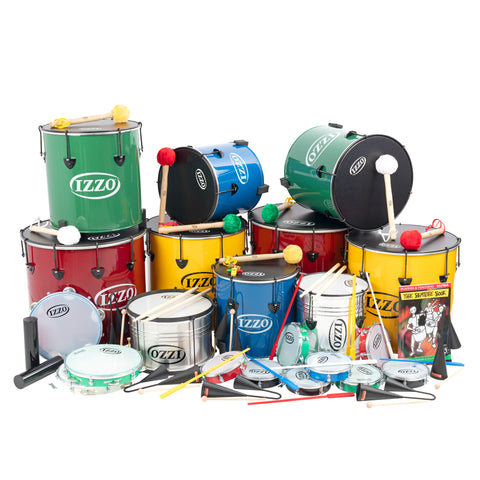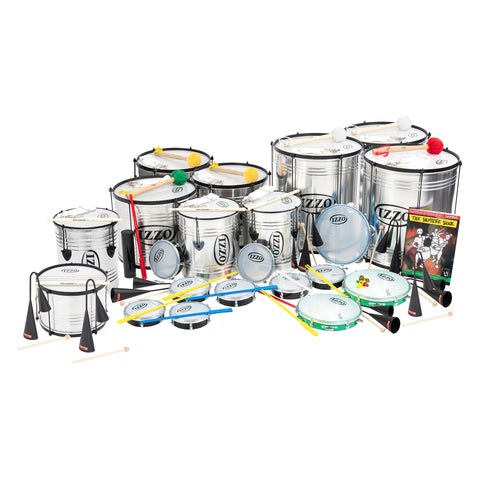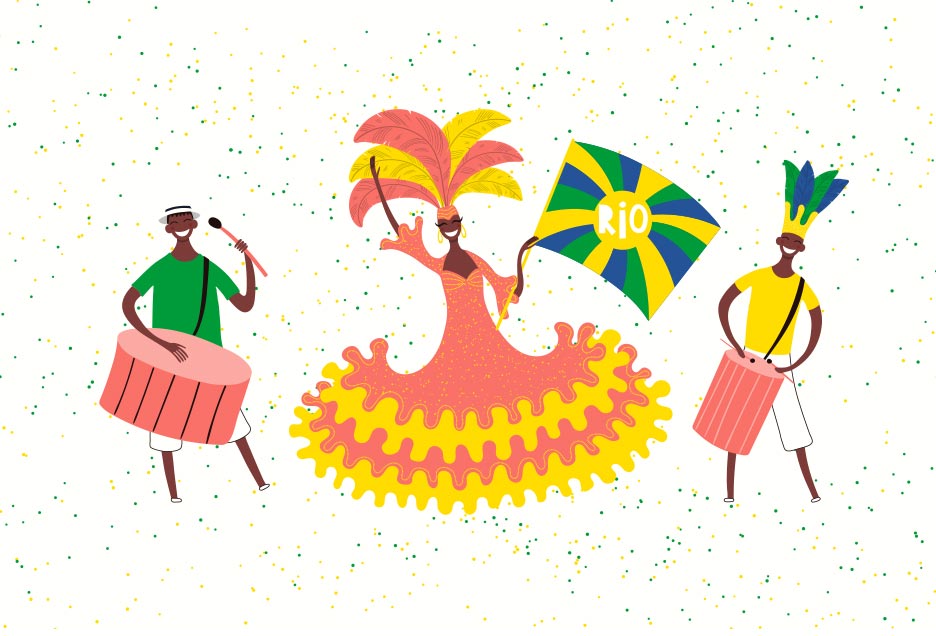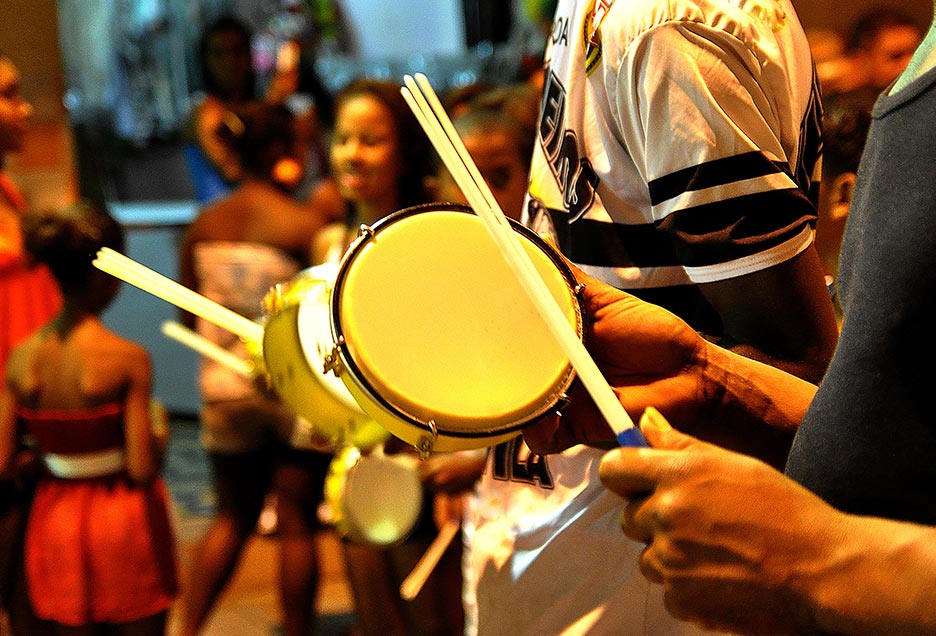Samba, the vibrant music of Brazil, is a fusion of musical influences ranging from native South American folk music to the African diaspora and Portuguese military traditions. Samba, which arose from this cultural synthesis, has become a vital element of Brazilian identity, expressing the country's historical journey and cultural resilience.
Samba has remained an essential vehicle for protesting racial injustice in Brazil throughout its history. Brazilian popular music, notably Samba, has been utilised to express discontent and cast light on societal issues since the 1980s. The Mangueira Samba School's 1988 Rio Carnaval theme, "One Hundred Years of Freedom: Reality or Illusion," attempted to highlight the ongoing struggle of Afro-Brazilians by emphasising the grim realities of modern-day favelas (shantytown slums).
Samba's Musical Influences
Before the arrival of the Portuguese colonists and African slaves, the indigenous people of South America had been creating their own folk music for many years. Samba adopted these traditional rhythms, including components such as large log drums, smaller frame drums, unison singing, and melodies provided by wooden flutes. This fusion produced a vivid and dynamic sound evocative of modern-day Samba's rhythmic drumbeats.
Furthermore, African influences played a significant role in shaping Samba's rhythmic complexity. The traditional African drumming accompanying ceremonial dances, including those during coming-of-age rituals and religious ceremonies, left a mark on Samba's percussive nature.
The incorporation of Portuguese military band traditions also played an important part in developing Samba's musical environment, lending credibility to the music of Samba bands. Snare drum marching beats, which are associated with Portuguese military bands, added a sense of grandeur and legitimacy to Samba's instrumentation.
Samba and Carnival
Samba is perhaps most famous for the integral part it plays in the carnivals of Brazil that take place once a year between February and March. Although it has origins in ancient festivals it now forms part of the celebrations leading up the Christian Easter period.
Samba takes centre stage during carnival, as Samba schools, consisting of thousands of dancers in elaborate costumes and hundreds of musicians, parade through the streets. The term "Samba School" emerged from the early Samba groups rehearsing in local schoolyards, seeking recognition and legitimacy as “Sambistas” (people who play Samba), despite being associated with societal stigmatisation.
Samba and modernisation
The name Samba is most likely originated from the Angolan word "Semba," which refers to a sort of traditional dance. With the advent of Samba bands and marching bands in funfair parades in the early 1930s, it rose to prominence.
Samba's rhythmical foundation depends on the African heritage of Brazilian musicians, utilising a remarkable combination of traditional African percussion instruments, European military band instruments imported by Portuguese immigrants, and even indigenous South American Indian folk music. Samba's characteristic sound is readily recognisable, with a walking-paced, two-beat rhythm frequently compared to a heartbeat, emphasis on "off beats," and occasionally adopting a "Clave" rhythm.
Conclusion
Samba is a monument to Brazil's endurance, cultural legacy, and artistic ingenuity. Its origins in a synthesis of indigenous, African, and Portuguese musical traditions illustrate the country's diverse cultural fabric. Samba's continuous existence in the face of adversity, as well as its participation in cultural festivals and social movements, have elevated it to the status of an iconic symbol of Brazil's dynamic spirit and unique character.
Izzo, authentic Brazilian percussion
The Izzo brand is widely regarded as one of the top instrument builders in Brazilian Samba. The company hails from São Paulo and produces a wide range of well manufactured instruments which are extremely popular, and road tested in the harshest of settings – schools around the world!
Founded in 1918 by an entrepreneurial trio of Spanish, Chilean and Italian origins respectively, the company takes its name from the Italian founder Mr. Attilio Izzo and today exports an extensive catalogue of products to over 30 countries worldwide.

